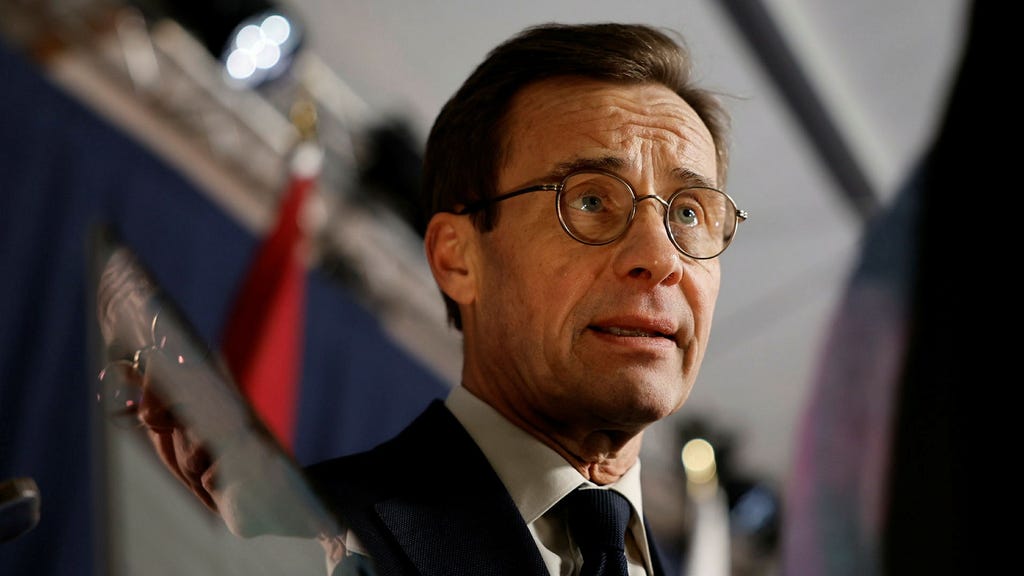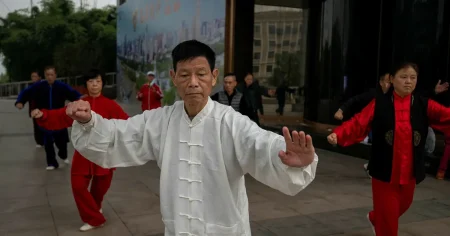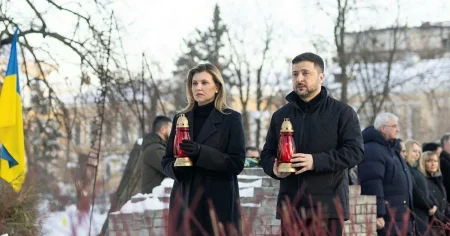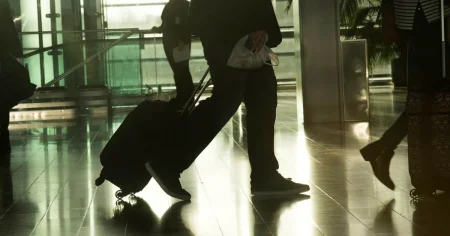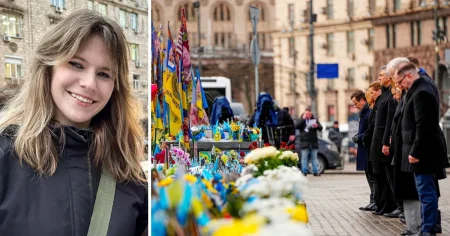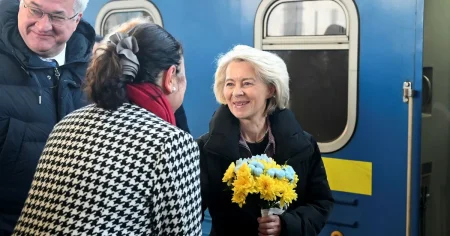Swedish Prime Minister Ulf Kristersson’s planned meeting with South Korean President Yoon Suk-yeol on Friday has been abruptly cancelled due to the unfolding political turmoil in South Korea. The unexpected cancellation comes as South Korea grapples with the aftermath of a parliamentary impeachment vote against Interior Minister Lee Sang-min, plunging the nation into political uncertainty. Kristersson expressed surprise at the sudden turn of events, highlighting the unforeseen nature of the situation and the rapid deterioration of political stability in South Korea. This cancellation underscores the delicate nature of international diplomacy and the vulnerability of scheduled engagements to unforeseen circumstances, particularly in politically volatile environments.
The political crisis in South Korea stems from the controversial impeachment of Interior Minister Lee Sang-min, which has ignited a firestorm of debate and protests. The impeachment motion, passed by the National Assembly, centers on Lee’s handling of the Itaewon Halloween crowd crush tragedy, which claimed the lives of over 150 people in October 2022. Critics have accused Lee of gross negligence and mismanagement in the lead-up to and the aftermath of the disaster, arguing that his actions contributed to the high casualty count. The impeachment vote has exposed deep divisions within the South Korean political landscape, further complicating the already tense situation and creating an atmosphere of instability.
The impeachment process has effectively suspended Lee from his duties pending a constitutional court review, which will ultimately decide whether to uphold or overturn the impeachment. This period of uncertainty and potential leadership vacuum within the South Korean government likely contributed to the decision to postpone President Yoon’s meeting with Prime Minister Kristersson. The South Korean government is likely prioritizing managing the domestic political crisis and ensuring a smooth transition of power within the Interior Ministry. The cancellation reflects the South Korean government’s focus on navigating the immediate internal challenges and minimizing any potential disruptions or distractions caused by external engagements.
The cancellation of the meeting between Kristersson and Yoon has implications for both countries. For Sweden, the postponement represents a setback in its efforts to strengthen bilateral ties with South Korea, a key partner in East Asia. The meeting was intended to cover a range of important issues, including economic cooperation, security collaboration, and regional stability. The delay will likely impact the momentum of these discussions and require rescheduling of the meeting at a later date. For South Korea, the cancellation underscores the challenges it faces in maintaining international engagement while grappling with domestic political instability. The abrupt postponement could potentially affect South Korea’s image on the global stage and raise concerns about its ability to effectively conduct foreign policy amid internal turmoil.
The sudden political upheaval in South Korea and the resulting cancellation of the high-level meeting serve as a reminder of the interconnectedness of domestic and foreign policy. Internal political crises can have ripple effects that extend beyond national borders, impacting international relations and diplomatic engagements. In this case, the impeachment crisis in South Korea has directly affected its ability to engage with Sweden on important bilateral issues. This highlights the importance of political stability for effective diplomacy and the need for countries to carefully consider the potential impact of internal political dynamics on their international relationships.
Looking ahead, the rescheduling of the meeting between Prime Minister Kristersson and President Yoon will depend on the evolution of the political situation in South Korea. The outcome of the constitutional court review of Interior Minister Lee’s impeachment will likely play a significant role in determining the timing and scope of the rescheduled meeting. In the meantime, both countries will likely continue to engage through diplomatic channels to maintain communication and explore alternative avenues for cooperation. The eventual meeting, when it occurs, will likely take place against the backdrop of the ongoing political developments in South Korea, adding a layer of complexity to the discussions and potentially influencing the agenda and outcomes.





